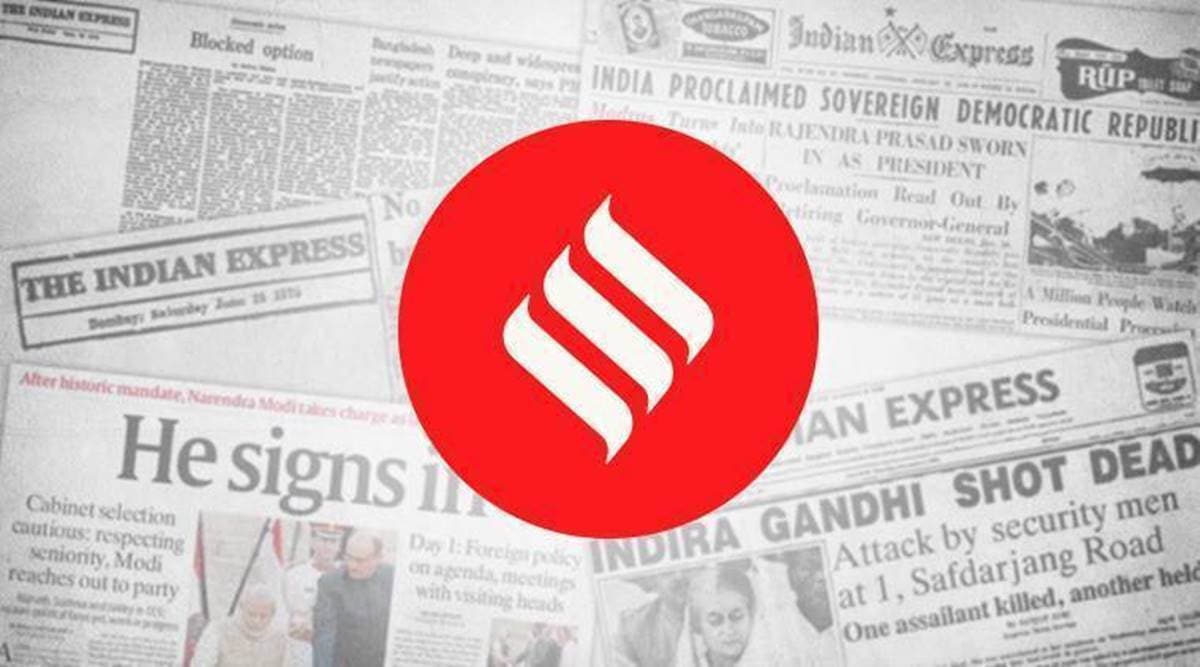 What pushed a 19-year-old student — whose faith in her own dream enabled her journey against great odds from a small town in Telangana to one of Delhi’s best colleges — to end her life?
What pushed a 19-year-old student — whose faith in her own dream enabled her journey against great odds from a small town in Telangana to one of Delhi’s best colleges — to end her life?That skipper Virat Kohli asked for, and was granted, paternity leave in the middle of a competitive Test series against Australia is a sign of a quiet tide in the affairs of Indian men. Only four years ago, Maneka Gandhi, then women and child development minister, had scoffed at the idea of legislating for paternity leave in the organised sector because she was convinced that Indian men would turn “it into a holiday”. The scepticism stemmed from common sense and overwhelming evidence: Indian men are notorious for not pitching in with the unglamorous and essential work that sustains homes, whether it is parenting or childcare, cooking or cleaning. The time-use survey report released last month by the National Sample Survey Office shows that Indian women spend nearly four hours more on unpaid work than men, with grim consequences for women’s participation in the workforce.
The battle against this deep-grained sexist skew in work and labour is a long haul. But the idea of an official paternity leave — if endorsed by governments and companies — takes a minimum first step in acknowledging that parenting and childcare is the shared responsibility of men and women. It’s an idea that needs to travel, as it has in recent years. Last year, for instance, Zomato rolled out 26 weeks of paid paternity leave for employees who become new fathers. Several private companies, too, offer paternity leave, without the prodding of legislation. To have a mainstream cricket star own up to it is a small cultural victory. By turning the home and the workplace into one geography, the pandemic has only underlined the extent to which the invisible, gendered labour at home shores up the strides at work. For many women, the disruption of the pandemic has turned the home into a battlefront, with competing needs of family and work. The post-COVID reality makes it even more urgent for workplaces to incentivise men to take more responsibility at home, if more women are not to drop off the work grid.
But a utilitarian calculation is not the sole reason to urge more men to step up. For too long, the strides of equality have been measured by the number of women accommodated in structures of competitiveness and efficiency. It has not questioned the hierarchy that devalues the work of care, which despite its drudgery, is essential to the messiness and meaning of being human. It is a hierarchy that produces distant patriarchs and men afraid of the emotional life. Paternity leave that allows them time to become fathers is a win-win — for both Indian men and women.